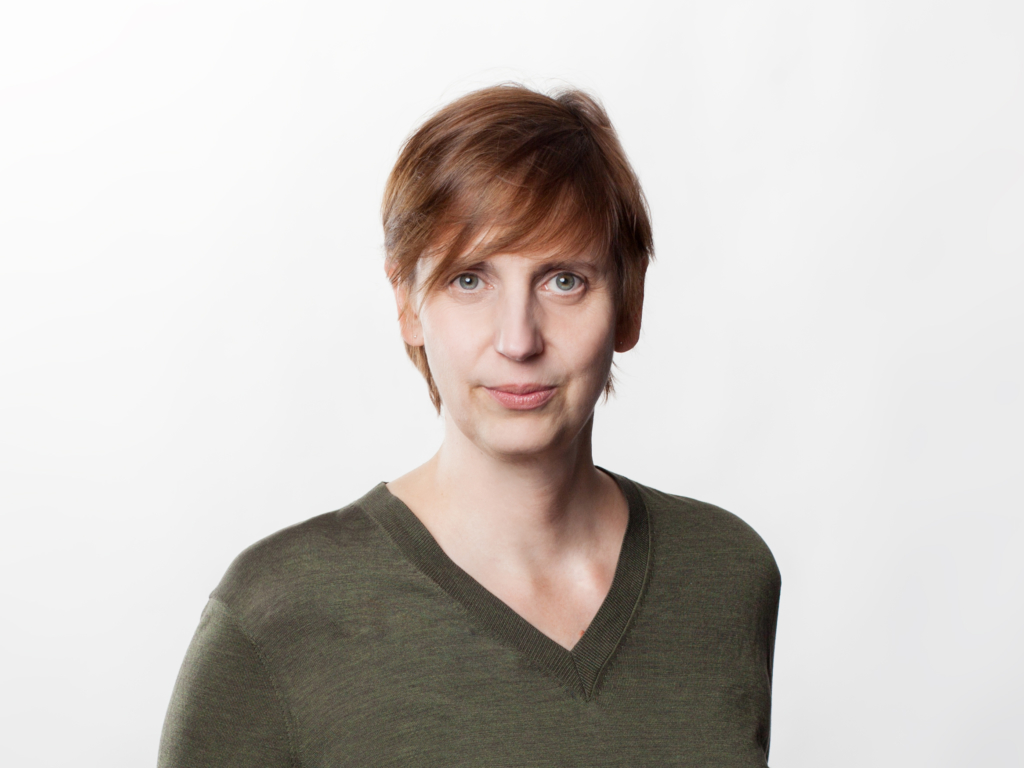
In October 2021, a new Research Training Group will start in which researchers from the Faculty of Philosophy of the University of Cologne, the Academy of Media Arts Cologne and the KISD of TH Köln will work together. Under the tagline “connecting – excluding. Cultural Dynamics Beyond Globalized Networks,” practices and understandings of globalized network societies will be critically examined there.
The Research Training Group (RTG) is funded by the German Research Foundation (DFG) with around 3.3 million euros over a period of four and a half years. A total of eleven professors from the three participating universities will work together in an interdisciplinary fashion in the institution. In addition, there will be eleven doctoral positions and one post-doctoral position. From the TH Köln, Prof. Carolin Höfler (Design Theory and Research) is involved in the study and research program.
The aim of the RTG is to ask fundamental questions about power, participation, and exclusion in a global digital present. In globalized networks, the ability to join groups and systems and to act within their logics is considered an essential prerequisite for participation. The RTG is concerned with the “other side” of connecting operations in the networks of media, society, economy, politics, and culture. It questions the interruptions, frictions and conflicts that accompany the common practices of networking and connecting, their consequences for affected actors, but also their potentials for shaping future living environments.
Prof. Höfler explains in an interview: “The RTG offers design science the opportunity to critically reflect on normative design practices and images of society. In what way are design methods and practices embedded in the structure of prevailing power relations and to what extent do they reproduce or produce exclusions? In interdisciplinary exchange, designers should be given the ability to question their own research and actions and at the same time develop new approaches and practices.”
Within the framework of the RTG, Prof. Höfler is primarily dedicated to urban practices of connection and exclusion and their political dimension. Central questions are which urban mediation and displacement processes are triggered by global digital platforms, or to what extent networked communication creates new political public spheres and spaces. Prof. Höfler is particularly looking forward to a project in which young researchers, together with artists, architects and designers, experimental collectives, and cultural institutions, will test ways of jointly designing urban spaces. This project ties in with the thematic focus of the “Echtzeitstadt | Real-Time City” research center within the framework of which Prof. Höfler maintains a research collaboration with the city of Cologne.